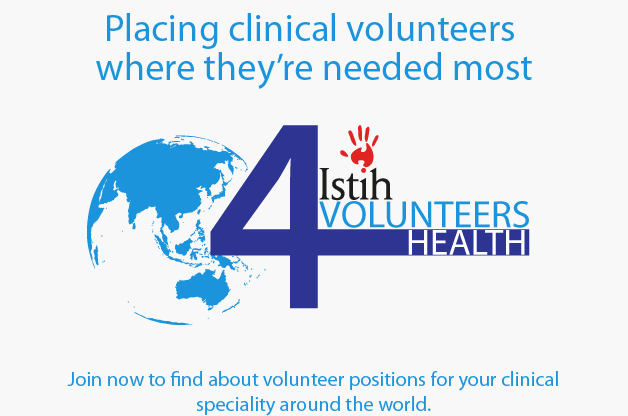Obstetric Elective Reflection
This is a personal reflection of my experiences in the department of Obstetrics, Rumah Sakit Cipto Mangunkusumo (RSCM), Indonesia, between 5 and 23 January 2015. During this time I was attached to the Obstetric Emergency Room Team, and was involved in diagnosis, delivery, caesarean section and other obstetric procedures.
My goals for my time with the team were open ended: I wanted to gain experience in both obstetric diagnosis, delivery and surgical procedures, within the context of a developing country’s health care system. Specifically I aimed to perform at least 3 spontaneous vaginal deliveries.
This was also an opportunity to develop my Indonesian medical vocabulary by taking at least 3 patient histories and presenting them to my senior team members.
I achieved these objectives and more in my three weeks, and was able to integrate with a great team of doctors. It must be said, without their patience, teaching and attitude, this would have been impossible to achieve.
General Learnings
Night Duty
I had the opportunity to participate in several night duty shifts, which gave me an insight
into the pressures placed on OBGYN trainees. With very little sleep these young doctors manage a heavy patient load and emergency situations requiring rapid decision making.
Nights are often busy, and the normal resources during the day are unavailable. In Australia, the working hours are limited to 16 hours with restricted overtime, depending on the hospital. The Australian Medical Association is pushing for further restriction on working hours due to its published effect on doctor and patient safety. The United Kingdom introduced Working Time Restrictions (WTR) in 2006, restricting working hours to 48 hrs per week, with no continuous shifts longer than 13 hours. Patient safety is clearly front of mind.
The average length of night shift in RSCM Obstetrics is 36 hours continuous duty. I was amazed that these doctors do this at least once a week. The BMJ published a survey in 2013 which provides several resources in its references for managing night shift work which could be implemented to support the OBGYN Team.
Final Comments
This elective was the highlight of my medical education. The opportunity to expand both cognitive and technical skills across a new culture, language and context has been profound. Having had the opportunity to deliver several babies, participate in multiple complex cases from presentation through to discharge, I feel much more confident in obstetrics. As a field I am interested in pursuing post graduation, I feel this experience has given me great exposure to a range of conditions, as well as some of the challenges of the field itself. Beyond the medical, being part of the ER team has created several friendships and colleagues. I thoroughly enjoyed the friendly and cohesive environment of the ER team as they worked relentlessly in a very difficult clinical environment. I admire their professionalism, dedication and work ethic.
There are many similarities and differences between obstetrics in Indonesia and Australia, many of which can be attributed to the different stages of socio-economic development, and epidemiological differences in things like Rhesus status. The core knowledge, techniques, parameters and most procedures are the same, and draw from an extensive evidence base from the UK, US, Netherlands and Asian sources. The main differences I found related to analgesia in labour, infection control standards, antenatal screening, and resource shortages (such as delivery rooms and monitoring equipment).
I particularly liked the teaching and training structure for the residents, with there being clear delineation of competency and teaching responsibility. Each shift started with a very clear allocation of responsibilities and tasks based on this structure, and a clear path of escalation. I felt this almost paramilitary system would be greatly effective in Australian hospitals.
I would like to extend my thanks and gratitude to the Department of Obstetrics and Gynaecology, the ER Team, and the Faculty of Medicine, University of Indonesia for facilitating this opportunity and their hospitality during my stay. I look forward to returning in my post graduate years.
Ben



